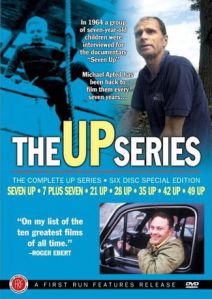Interview with an expat
The blogger ‘tropical expat’ has done an interview with an expat and pasted the interview on his blog. You can read the interview here: tropicalexpat
He is planning on doing some more, so I shall be keeping a lookout for them. It’s an interesting phenomenon – the researched doing their own research, and publishing it. There is no reason why they shouldn’t, of course, but it has caused me to reflect on my own ongoing work, my own interview material, and what I am doing with it all. I love to hear expat (or lifestyle migrant) stories but we can’t publish our own in this way as they tend to be intimate, in-depth, and usually confidential. Also, when we interviewed people we did it for university research purposes, not for blogging. However, we will be looking at our interview material as a whole over the coming weeks and looking for common themes and those special insights that come from qualitative research. We will use quotes from the interviews, but will usually either anonymise them or make sure the interviewee has agreed to be quoted. Nevertheless, some interesting challenges arise from the very public nature of so much of what we we do these days. Should I ever have started blogging? The lifestyle migration in Asia project blog can be seen here.

